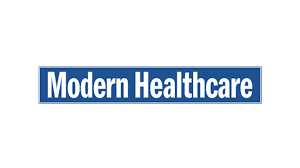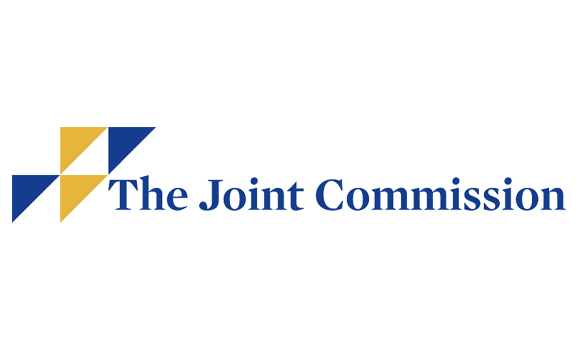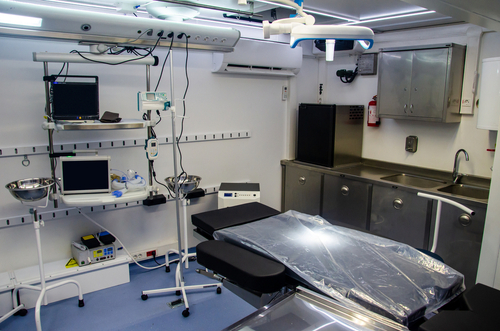
Editor's Note President Donald Trump’s “One Big Beautiful Bill” could trigger more than $500 billion in Medicare cuts over the next decade unless Congress waives automatic spending rules, according to a July 9 article in Modern Healthcare. As detailed in the article, the legislation’s projected $3.4 trillion increase to the…

Editor's Note Sentinel events reported to The Joint Commission increased by 12% in 2024, with patient falls once again leading the list of serious adverse events followed by wrong surgeries. The Joint Commission released the data in an annual review July 9. Wrong surgery events increased 13% from the…

Editor's Note States that grant full practice authority to advanced practice registered nurses (APRNs) rank significantly higher in health system performance than those that impose physician supervision requirements, according to a July 3 report from the University of Missouri. The article focuses on a study led by researchers at the…

Editor's Note Logistical staff layoffs at the US Food and Drug Administration (FDA) are hindering the agency’s ability to scrutinize drug manufacturing safety in foreign countries, according to a July 7 report in ProPublica. A spokesperson from the US Department of Health and Human Services (HHS) told ProPublica that FDA…

Editor's Note A recent report in Becker’s Hospital Review outlines six recent examples of hospitals and health systems laying off workers in response to deepening financial strain. In a separate report, the outlet listed 11 hospitals and health systems that received credit rating downgrades from Fitch Ratings or Moody’s Investors…

Takeaways • Different types of ASC leadership structures can be adapted to meet organizational needs. • Regulations, accreditation standards, size, and ownership types are examples of factors influencing the leadership structure. • Ongoing success of the ASC leadership team depends on factors such as governing body diversity and strategic planning.…

Imagine an innovative, safe, and highly efficient OR not confined by walls but on wheels—crossing rugged terrains, bustling cities, and disaster-stricken areas to deliver life-saving surgical care in underserved areas. That is the premise and promise of mobile ORs. They are not just mobile units. With some of the technological…

Editor's Note The US Food and Drug Administration (FDA) has designated Cook’s recent recall of the Beacon Tip 5.0 Fr Angiographic Catheter as a Class 1, the most severe category indicating serious risk of injury or death. The recall was reportedly motivated by reports of tip separation both prior to…

Editor's Note Federal regulators and major insurers are independently moving to ease long-standing burdens on ambulatory surgery centers (ASCs), potentially reshaping the regulatory and administrative landscape in which perioperative leaders operate. According to Ambulatory Surgery Center News June 23, ASC stakeholders are actively engaging with the new Anticompetitive Regulations Task…

Editor's Note The US Food and Drug Administration (FDA) has designated recent medical device recalls involving GE Healthcare’s Carestation anesthesia system, Medtronic aortic root cannula systems, Zoll Circulation’s AutoPulse NXT Resuscitation System, and Medtronic’s Bravo CF Capsule Delivery Devices as Class 1, the most severe category indicating serious risk of…